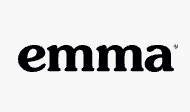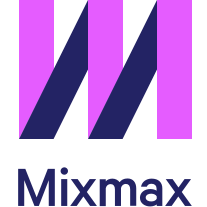Mailchimp vs Pardot
Hyperise integrates with 100's of sales and marketing tools, many of which are in the Email Marketing category. With so many to choose from it's sometimes hard to know which is best, but don't worry, we've got your covered.
In this comparison guide we're going to look at the Highlights, Pros, Cons and Pricing of Mailchimp and Pardot. We'll also delve into the details of which offers the best personalization options within Email Marketing, with there respective Hyperise integrations
Vs
Pardot
Pricing: Pardot is a marketing automation software that offers several pricing tiers based on the features and functionalities included. Here is a summary of Pardot's pricing: 1. Growth: $1,250 per month for up to 10,000 contacts 2. Plus: $2,500 per month for up to 10,000 contacts and additional features such as artificial intelligence and dynamic content 3.
Mailchimp vs Pardot Highlights
Mailchimp and Pardot are both marketing automation platforms, but there are some key differences between them.
One of the main differences is their target audience. Mailchimp is designed for small to medium-sized businesses while Pardot is intended for larger enterprises. This means that Mailchimp offers a simpler, more user-friendly interface, while Pardot has a more complex feature set aimed at advanced users.
Another difference is their pricing model. Mailchimp offers a free plan and several paid plans based on the number of subscribers. Pardot, on the other hand, has a higher price point and charges based on the number of features and users. This makes Pardot a better fit for companies with larger budgets and more complex marketing needs.
Finally, Mailchimp is primarily focused on email marketing, while Pardot offers a more comprehensive suite of marketing automation tools, including lead management, social media management, analytics, and more.
Overall, Mailchimp and Pardot are both excellent marketing automation platforms, but the choice between them will largely depend on the size and needs of your business.
Mailchimp vs Pardot Pros
Mailchimp Pros
- Mailchimp offers a free plan for users with basic email marketing needs, while Pardot requires a paid subscription for all levels of service.
- Mailchimp has a user-friendly interface that is easy to use and navigate, making it accessible to beginners without much technical knowledge. Pardot, on the other hand, requires a higher level of expertise due to its range of advanced features.
- Mailchimp offers a wider range of marketing automation templates and pre-built workflows compared to Pardot.
- Mailchimp has more integrations with third-party tools and platforms, allowing users to seamlessly connect their email marketing with other applications they use.
- Mailchimp offers advanced reporting and analytics features that can help users monitor their campaigns' performance and make data-driven decisions for better results.
- Mailchimp offers several advanced features like landing pages, social media integration, and CRM integration at a lower price point compared to Pardot.
Pardot Pros
- Advanced lead scoring and grading system to prioritize leads
- In-depth lead tracking and reporting capabilities
- Robust A/B testing options for email campaigns
- Integration with Salesforce CRM for seamless lead management
- Advanced segmentation options for targeted marketing campaigns
- Automation rules can be created based on lead behavior/events
- Personalized content creation options for dynamic emails
- Customizable landing pages for lead generation
- Ability to create and manage multiple brands under one account
- Advanced analytics and reporting features for measuring campaign effectiveness.
Mailchimp vs Pardot Cons
Mailchimp Cons
- Limited automation capabilities
- Limited lead scoring and grading functionality
- No direct Salesforce integration requires third-party connector
- Limited reporting and analytics features
Pardot Cons
- Pardot is a more expensive option, especially for small businesses or those with a limited budget.
- Pardot's interface can be more complicated and overwhelming for beginners or those without previous marketing automation experience.
- Pardot has limited email templates compared to Mailchimp's extensive library, which may limit creativity or require additional design resources.
- Pardot's analytics and reporting can be less intuitive and may require more time and effort to analyze and understand.
- Pardot's customer support options may not be as extensive or readily available compared to Mailchimp's live chat and phone support.
Mailchimp & Pardot Hyperise Integrations
Mailchimp uses the HTML code embed method to integrate with Hyperise, giving a simple way to add personalized images to your messages.
Mailchimp makes the following data points available to Hyperise, to enable personalization in images used in outreach and linked out to your personalized website landing pages.
- Using business Email passed from Mailchimp, Hyperise is able to enrich business logo and website screenshots. In some cases, with a business Email we're also able to enrich profile images, subject to the business email having a publicly available profile.
Mailchimp Integration Guide
Pardot uses the HTML code embed method to integrate with Hyperise, giving a simple way to add personalized images to your messages.
Pardot makes the following data points available to Hyperise, to enable personalization in images used in outreach and linked out to your personalized website landing pages.
- Using business Email passed from Pardot, Hyperise is able to enrich business logo and website screenshots. In some cases, with a business Email we're also able to enrich profile images, subject to the business email having a publicly available profile.
- Using business Website passed from Pardot, Hyperise is able to enrich business logo and website screenshots.
- Business name
- City
- State
- Country
- Zip
- Category
Pardot Integration Guide
 vs
vs 


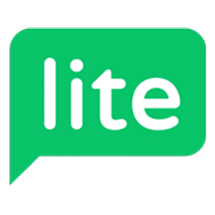

 vs
vs  vs
vs  vs
vs  vs
vs  vs
vs  vs
vs  vs
vs  vs
vs  vs
vs  vs
vs  vs
vs  vs
vs  vs
vs 

 vs
vs  vs
vs 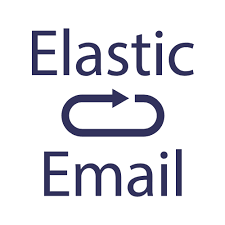 vs
vs 
 vs
vs  vs
vs 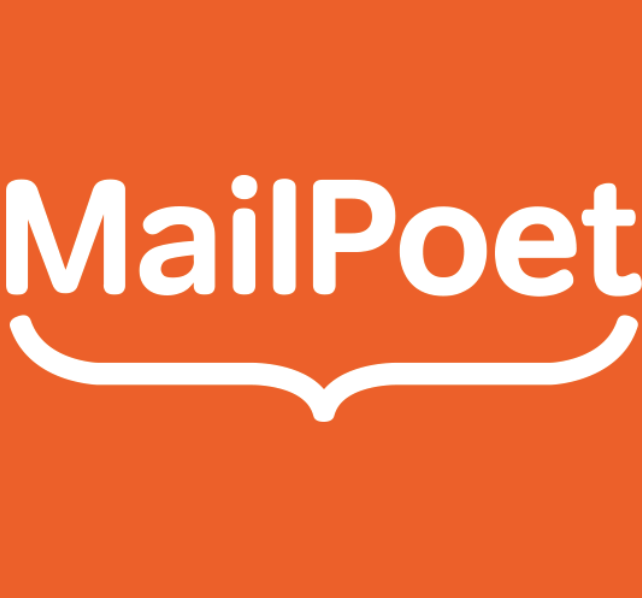 vs
vs  vs
vs  vs
vs  vs
vs  vs
vs 
 vs
vs 




 vs
vs  vs
vs  vs
vs  vs
vs 
